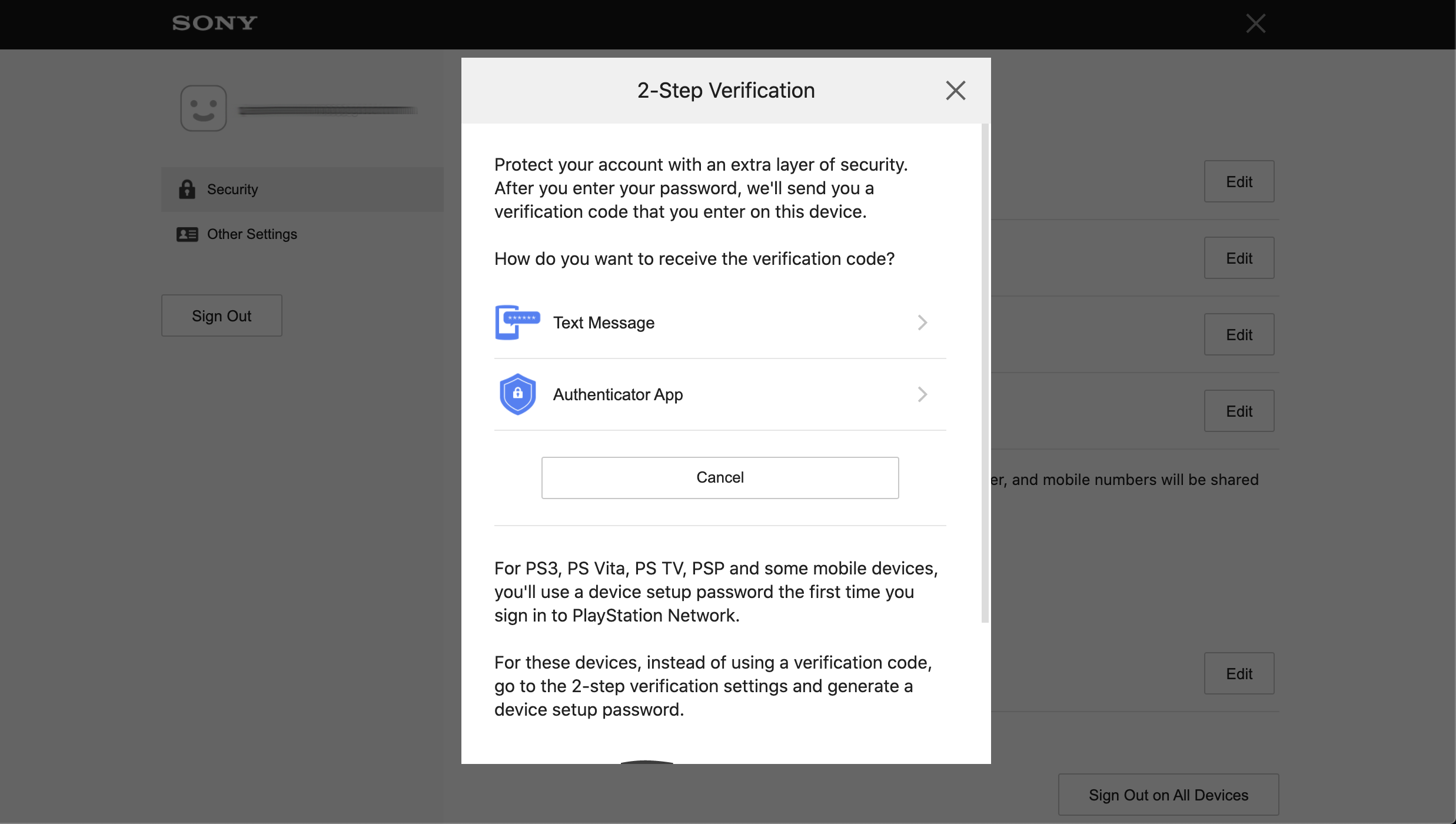

This leads us to another common place to network: at conferences. Later, you can follow up with this contact at an event such as a conference. Although this may seem like a chore, it’s actually a great opportunity to make a connection with someone in the field (i.e., get your foot in the door). As a student, it may be the case that your faculty member asks you to reach out to one of their contacts to secure information (i.e., sample survey for a project, archival data, etc.). Many times you can network through your current faculty members. This in turn can lead to additional contacts and so forth. By making a single contact, now you’ve made two. It may be the case that your skill level or expertise is needed by someone your original contact knows and they put you two in touch with each other. When you network and make a new contact, suddenly there is potential for you to now have access to all the contacts that individual has made. Furthermore, a little networking has the potential to expand your contact list exponentially. Networking allows you to exchange resources with others (e.g., helping one another), and it can provide you with social support, as well as trusted colleagues who you can turn to as a sounding board (Porter & Woo, 2015). You should network if you are passionate about your field and want to be engaged in the discipline. Have you heard the phrase, “it is not what you know but who you know?” We often tell our students that what you know gets you in the room but it is who you know that will get you a seat at the table.
#HOW MANY PEOPLE CAN YOU HAVE USING YOUR PSN STUFF PROFESSIONAL#
In our experiences, we have found that over the years your professional contacts will even become your social friends. Networking involves establishing and building professional relationships that you will maintain over a significant period of time (Porter & Woo, 2015). However, networking is not about short-term or temporary connections (Dattner, 2008 Rangwala, 2012).

Most people think of networking as making contacts for a job or business deal (Dattner, 2008). Is networking just about furthering my career? Typically, the result of the exchange will influence one’s professional development. At its heart, networking is about building and maintaining relationships with people which may lead to a mutually beneficial exchange at some point in the future. Networking is defined as “behaviors that are aimed at building, maintaining and using informal relationships that possess the (potential) benefit of facilitating work-related activities of individuals by voluntarily granting access to resources and maximizing common advantages” (Wolff & Moser, 2009, pp. And most importantly, the sooner you start to network, the sooner you can start gaining additional knowledge and skills to help you do your job better or get that job you want. But, the reality of the situation is that building a professional network will likely open many doors and possibilities for you. We know it can be daunting to think about building a professional network as an undergraduate or even graduate student.


 0 kommentar(er)
0 kommentar(er)
